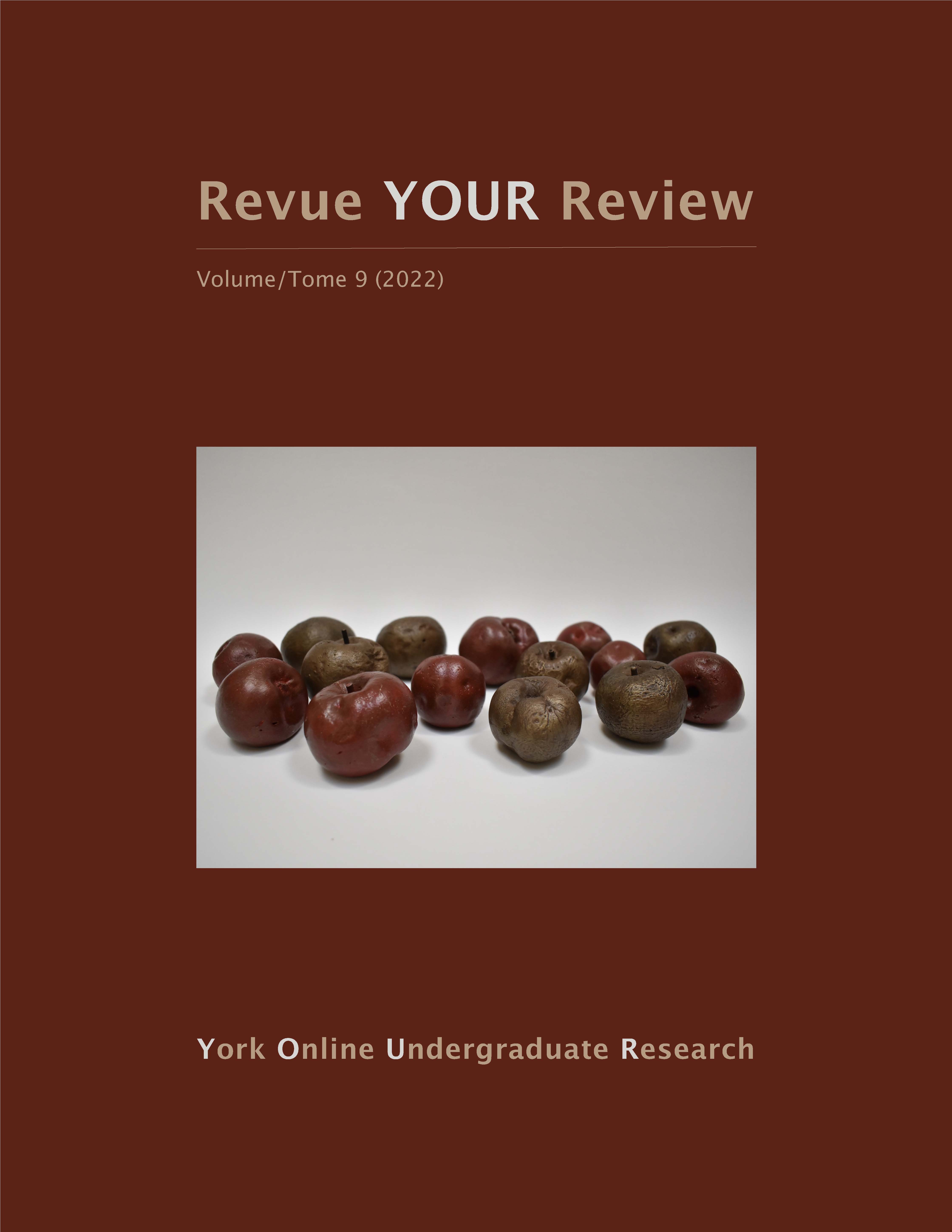Eye Movement Desensitization and Reprocessing Versus Cognitive Behavioural Therapy: Which One Is a Better Treatment Option for Post-Traumatic Stress Disorder?
Résumé
In the psychotherapy world, there is a debate over which therapy is the better treatment for post-traumatic stress disorder (PTSD). The aim of this evidenced-based project is to use research studies to identify which therapy is better to treat those suffering from PTSD. Cognitive Behavioural Therapy (CBT) and Eye Movement Desensitization and Reprocessing (EMDR) have both been considered as safe and effective treatments. Research evidence suggests that while CBT is somewhat more effective, it is a longer treatment and has significantly higher drop-out rates. Also, there are no CBT research studies with a control group in follow-up studies to determine the long-term effects of CBT. In contrast, EMDR is a preferred approach based on the higher efficacy, long-term therapeutic gains, short and fast treatment times and low drop-out rates. These factors provide an additional financial benefit to client populations that are only able to afford short-term therapy. More research with larger sample sizes is needed to better understand the treatment outcomes of both therapies. Future research should also focus on verifying if these treatments are effective across different cultures. Future directions also suggest that more practitioners need to be trained in order to make EMDR available to a variety of client populations.
Téléchargements
Publié-e
Comment citer
Numéro
Rubrique
Licence

Cette œuvre est sous licence Creative Commons Attribution - Pas de Modification 4.0 International.
Les auteurs qui contribuent à la Revue YOUR Review acceptent de publier leurs articles selon une des trois catégories de la licence 4.0 : Creative Commons Attribution 4.0 International; Creative Commons Attribution-Pas d'Utilisation Commerciale 4.0 International; ou Creative Commons Attribution-Pas de Modification 4.0 International. Tout contenu éditorial de ce site ainsi que les affiches et les résumés sont sous la licence Creative Commons Attribution-Pas de Modification 4.0 International. Pour plus d’informations, veuillez voir :
https://creativecommons.org/licenses/
Dans tous les cas, les auteurs conservent leurs droits d’auteurs et concèdent à la Revue YOUR Review le droit de première publication. Les auteurs peuvent, par la suite, conclure d’autres accords de distribution non exclusifs de la version publiée dans ce périodique (par exemple, l’afficher à un dépôt institutionnel ou le publier dans un livre ou dans un autre périodique) à condition que la reconnaissance fasse mention de la publication originale dans la Revue YOUR Review.


